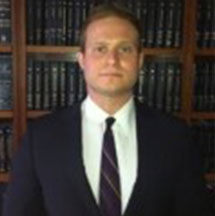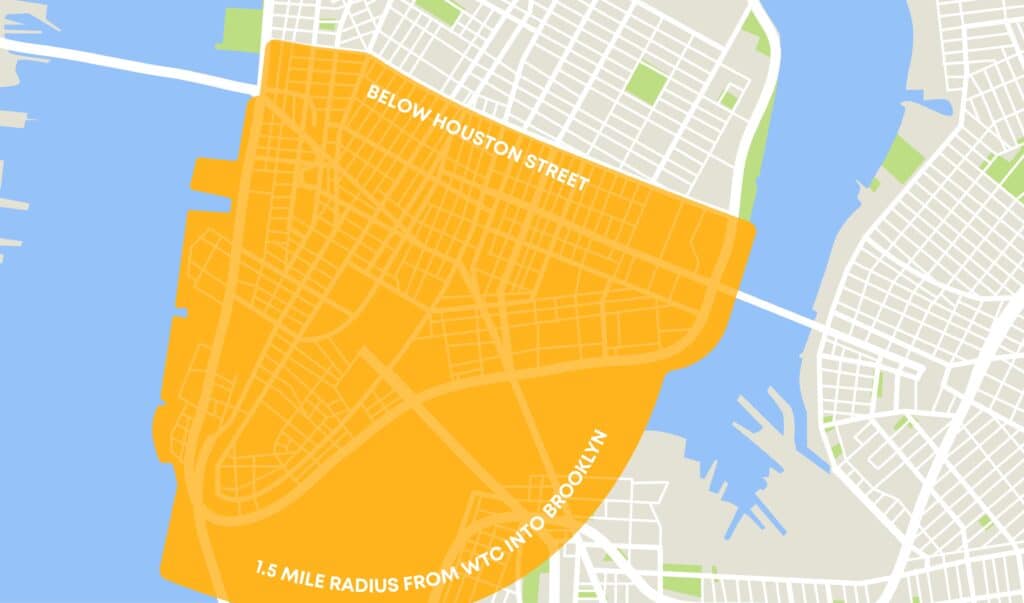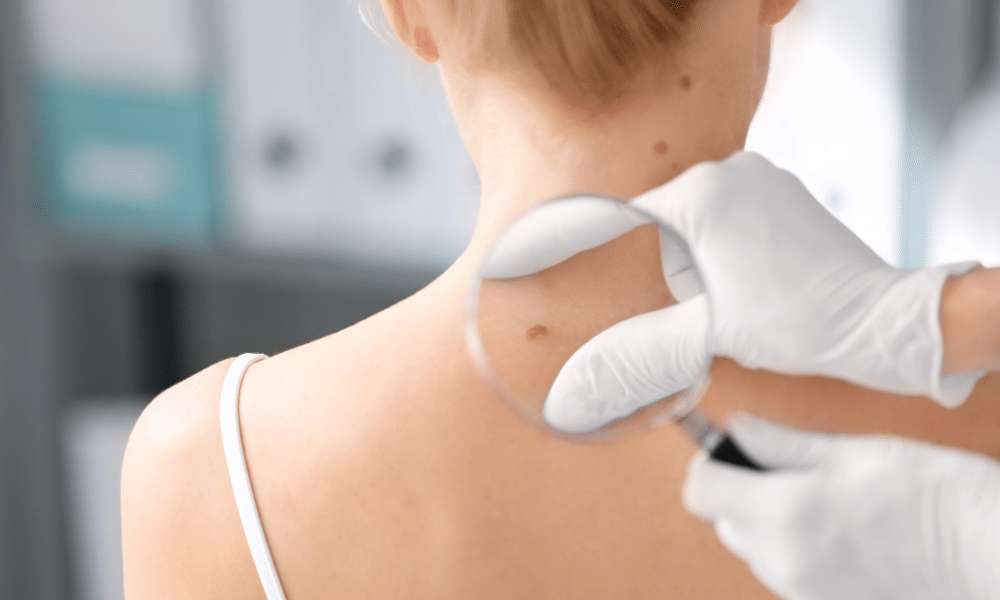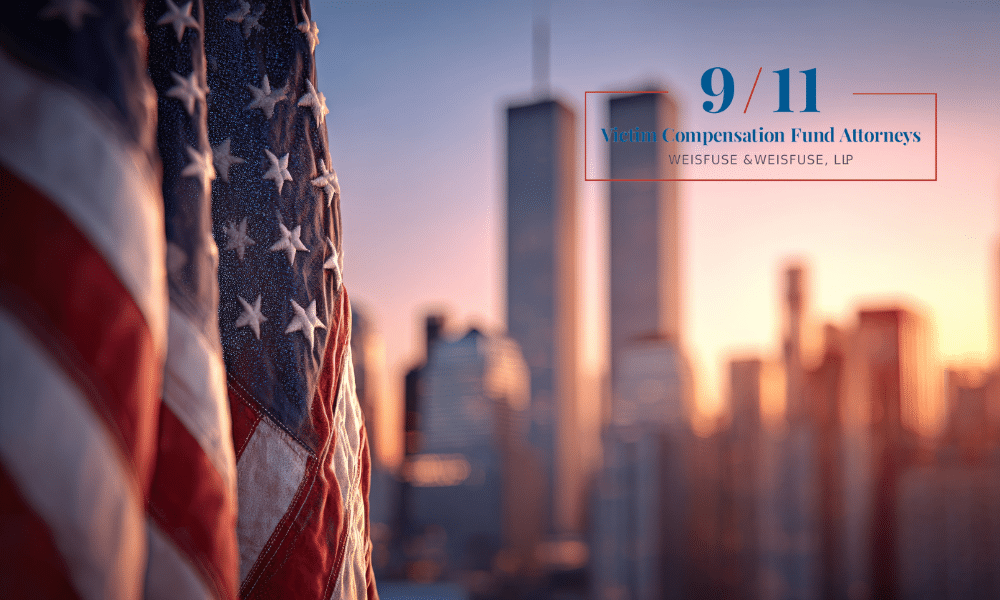
The September 11th Victim’s Compensation Fund (VCF) was established to provide compensation to responders and survivors of the attacks for any 9/11-related health condition.
For most conditions, a great deal of supporting documentation must be provided to verify the claim and demonstrate that each expense is related to an eligible condition that the claimant has been diagnosed with.
However, under the terms of the VCF, some conditions are considered “presumptively compensable.” What does this mean exactly and how does it affect a compensation claim made with the VCF?
What is meant by “presumptively compensable” expenses?
If a survivor or responder incurred out-of-pocket expenses due to a 9/11-related health condition, these cannot be recovered through an initial “pain and suffering” claim with the VCF. An amendment must be filed with the VCF to claim these expenses back after receiving the initial award.
There are several requirements to do so:
- Out-of-pocket medical expenses can only be claimed after an initial award for pain and suffering has been made from the VCF.
- Expenses can only be requested for amounts spent before the 9/11 condition was certified by the WTC (World Trade Center) Health Program.
- The 9/11-related out-of-pocket expenses must total at least $5,000.
An amendment application usually requires extensive supporting documentation and considerable time and resources for the VCF to review and approve it.
Consequently, the fund administrators have a specific process for categorizing and approving expenses related to any claim for compensation, streamlining the process and preventing delays.
“Presumptively compensable” expenses are a category of expenses that the VCF will accept without the need to prove a connection to the related condition. Certain medications and procedures have already been determined to be commonly necessary and directly related to a specific 9/11-related condition.
For claimants, this essentially means that less supporting paperwork is required, with automatic eligibility for compensation for certain health conditions. Ultimately, this should speed up these applications and avoid unnecessary delays to payments.
What expenses are considered “presumptively compensable” by the VCF?
In addition to awarding amounts for pain and suffering related to health conditions after exposure to 9/11 toxic dust, the VCF recognizes that claimants may have already incurred medical expenses due to their health conditions.
To simplify the reimbursement process for certain common and necessary expenses, those incurred for common related conditions are categorized as “presumptively compensable expenses,” including specific medications and procedures.
Qualifying conditions include:
- Obstructive airway disease
- Interstitial lung disease
- Gastroesophageal reflux disease
- Upper respiratory disease
- Prostate cancer
Related to these conditions, two types of presumptively compensable expenses are considered standard for applicants:
- Presumptively compensable medications
- Presumptively compensable procedures
The VCF has compiled a list of medications and medical procedures that are considered standard for the treatment of the above qualifying conditions.
For obstructive airway disease, such as asthma, chronic airway obstruction, chronic obstructive pulmonary disease (COPD), and other associated conditions, the following medications are presumptively compensable, for example:
- Flovent
- Antibiotics
- Oral corticosteroids
- Expectorants
- Zyflo
- Oxygen
- ProAir
- Brethine
- Spiriva
- Many others
Presumptively compensable procedures include bronchoscopies, chest X-rays, chest MRIs, sputum cultures, thoracoscopies, lung transplants, and others.
The conditions and the medications/procedures that are presumptively compensable are subject to change, so it is essential to work from the latest information available. Your 9/11 VCF attorney can assist with this.
Presumptively compensable expenses and the VCF’s Medical Expense Worksheet
The Medical Expense Worksheet is an Excel spreadsheet that claimants must use to itemize their expenses when claiming out-of-pocket medical expenses with the VCF.
On this spreadsheet, claimants can list all relevant expenses incurred and provide key information for the VCF to assess the claim in a consistent format. This helps avoid delays.
Even if a particular medical expense is presumptively compensable, it must still be added to the worksheet and supporting documentation must validate how much the expense was. Claimants will find instructions (and examples) for completing the worksheet within the document itself.
To complete the worksheet, claimants will need access to all the relevant medical bills, receipts, and other documentation related to their expenses. Each expense should be listed individually along with details of one’s insurance provider(s) and a VCF claim number, if applicable.
For expenses to be valid, the following details are required:
- The date of service
- The name of the related eligible condition
- The date of certification of the related eligible condition
- The name of the doctor, facility or pharmacy
- A short description of the procedure, treatment, or related expense
- The amount paid by the claimant
Supporting documentation for any expense that is not presumptively compensable is also required. This should demonstrate the relationship to the eligible condition as well as proof of payment.
The completed worksheet must be attached to the VCF claim submission with the Supporting Documentation Packet.
How to maximize your 9/11 VCF claim
A dedicated VCF attorney can help claimants maximize their claims with the VCF so that they cover everything that they are eligible for and nothing is overlooked.
An experienced VCF lawyer will explain if any medical conditions suffered by survivors or responders in the toxic exposure zone after the 9/11 attacks are presumptively compensable.
Regardless, the steps required to claim full and fair compensation can be complex and guidance through the process can help prevent errors and delays. A seasoned attorney will facilitate the maximum possible compensation claim by helping claimants track, document, and report related expenses thoroughly and accurately.
To discuss your situation and learn more about how we may be able to help you, please call Weisfuse & Weisfuse, LLC at 212-983-3000 or contact us online to schedule a free consultation.

About Jason Weisfuse –
9/11 Victim Compensation Fund Attorney
About Jason Weisfuse –
9/11 Victim Compensation Fund Attorney
Jason E. Weisfuse is a seasoned 9/11 cancer attorney and managing partner at Weisfuse & Weisfuse, LLC, a New York City-based law firm dedicated to representing individuals affected by the September 11th attacks. Since the establishment of the September 11th Victim Compensation Fund (VCF), Jason has been instrumental in assisting first responders, survivors, and families in securing the compensation and medical benefits they deserve.
With a Juris Doctor from New York Law School (2009), Jason brings extensive experience regarding the 9/11 Victim Compensation Fund to his practice. His deep understanding of the VCF and the World Trade Center Health Program (WTCHP) has enabled him to navigate complex claims processes effectively, resulting in substantial awards for his clients.
Jason’s commitment to the victims in the 9/11 community is evident through his active involvement in professional organizations such as the New York State Trial Lawyers Association and the American Association for Justice. He has also contributed to legal discourse with publications in the New York Law Journal, reflecting his dedication to legal excellence and advocacy.
At Weisfuse & Weisfuse, LLC, Jason continues to provide compassionate and knowledgeable representation, ensuring that those affected by 9/11 receive the support and compensation they are entitled to.







